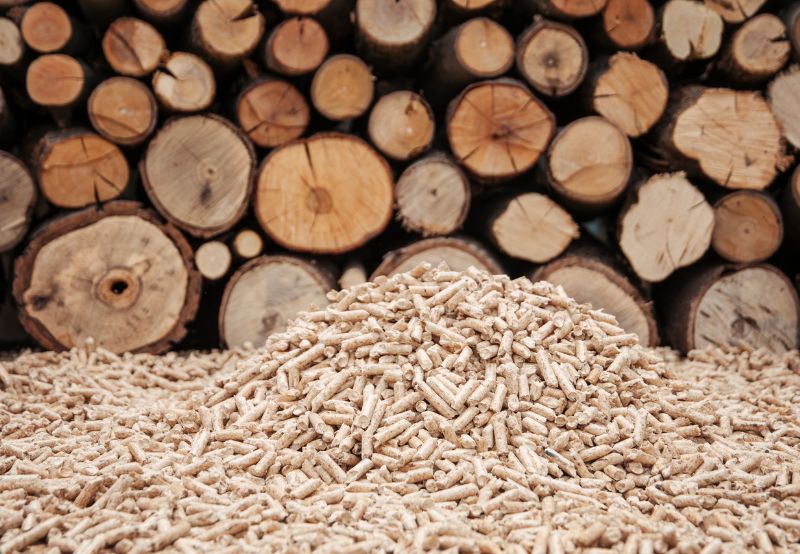Key Takeaways
- The Ministry of New and Renewable Energy has revised guidelines for the National Biomass Program, promoting cleaner energy and ease of business.
- New measures simplify processes for MSMEs, eliminating certain bureaucratic requirements and adjusting subsidy frameworks.
- Performance inspections and efficiency criteria have been modified to facilitate quicker project launch and funding access.
Revisions to Biomass Program Guidelines
The Ministry of New and Renewable Energy (MNRE) has updated the guidelines for the National Biomass Program, which spans from financial years 2022 to 2027 (Phase-I). These revisions are designed to support cleaner energy transition, streamline business operations, and boost the adoption of biomass technology throughout India.
The updated framework significantly simplifies the application processes, enabling small and medium enterprises (MSMEs) to increase their production capacity. Notably, developers of briquette and pellet manufacturing plants will no longer be required to submit techno-economic feasibility studies or environmental impact assessments, easing previous burdens. Instead of needing two-year sale contracts, a general sale agreement will now suffice.
A vital change involves the integration of technology; IoT-based monitoring and quarterly data submissions will replace the earlier supervisory control and remote monitoring systems. This shift aims to improve operational oversight and efficiency.
In terms of financial assistance, the subsidy disbursement mechanism under the Central Financial Assistance (CFA) program has been amended. Subsidy claims from other ministries or departments will no longer be permitted for projects applying to the MNRE. Projects achieving an efficiency rate above 80% will qualify for full financial aid, while those below this threshold will receive pro-rata assistance. Additionally, if a project has a capacity utilization factor less than 50%, it will not receive any CFA.
Inspection processes have also undergone changes. Previously, an operational report required plants to average 80% of rated capacity over three consecutive days with 16 hours of operation. This has now been reduced to a ten-hour operational window. Inspections will occur after successful commissioning, with a new time frame of 18 months from commissioning or eight months from “in principle” approval issuance.
If delays occur due to uncontrollable circumstances, extensions will be granted. Last year, MNRE also adjusted CFA rates for biomass pellet manufacturing units under the National Bioenergy Program, with the revised estimate being ₹0.9 million (~$10,767) per metric ton per hour (MTPH) and a cap of ₹4.5 million (~$53,808) per project.
These adjustments reflect the government’s commitment to advancing sustainable energy initiatives and enhancing operational efficiency within the biomass sector.
The content above is a summary. For more details, see the source article.















